The Clove Chronicles: A Spicy Adventure into the World of Cloves
Hey there, fellow spice lovers! Welcome to a wild ride through one of nature's most fascinating flavor bombs — cloves. Not just any old pantry staple, these tiny buds pack a punch that can elevate your dishes from 'meh' to 'magical'. Whether you're a seasoned pro in the spice game or just starting to experiment with aromatics, this post is your ultimate guide. So grab your apron, dust off your mortar and pestle, and let’s get cracking!
Table of Contents
- What Are Cloves Anyway?
- Flavor Profile: Sweet, Spicy, and Everything Nice
- Top 7 Cooking Tips for Using Cloves Like a Pro
- Health Benefits: More Than Just Flavor
- Common Mistakes to Avoid When Cooking with Cloves
- Cloves & Friends: Perfect Spice Pairings
- How to Store Cloves for Maximum Freshness
- A Brief History: From Ancient Trade to Modern Pantries
What Are Cloves Anyway?
Cloves are more than just those little brown spikes you see tucked away in your spice drawer. They’re actually the unopened flower buds of the Syzygium aromaticum tree — a tropical evergreen native to Indonesia’s Maluku Islands, also known as the Spice Islands.
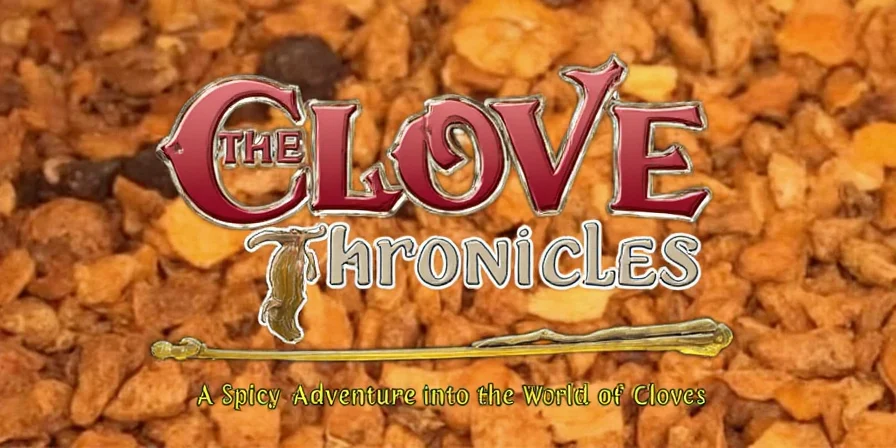
Picked by hand before they bloom, these buds are then sun-dried until they turn dark brown and become hard to the touch. That’s when they become the potent spice we all know and love (or fear).
Flavor Profile: Sweet, Spicy, and Everything Nice
If you’ve ever bitten into a whole clove, you know it can feel like your mouth has been set on fire. But that intense heat isn’t spicy in the chili-pepper sense — it’s more like a warm, woody, and slightly sweet flavor that lingers like a good hug.
| Taste Profile | Description |
|---|---|
| Primary Notes | Warm, earthy, slightly bitter |
| Secondary Notes | Woody sweetness, hints of citrus and pepper |
| Intensity Level | Moderate to high (use sparingly) |
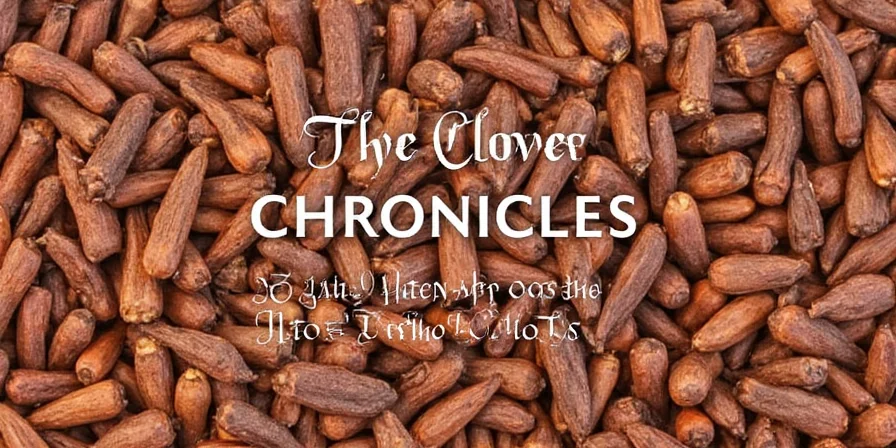
Top 7 Cooking Tips for Using Cloves Like a Pro
Whether you're roasting a ham, brewing chai, or baking gingerbread, cloves are your secret weapon. Here are seven tips to help you wield them like a spice-savvy ninja:
- Use whole cloves for infusions: Stick them into an orange for mulled wine, toss them into stews, or steep them in milk for spiced desserts.
- Grind only what you need: Ground cloves lose potency faster than their whole counterparts. Grind fresh for maximum flavor.
- Don’t overdo it: A little goes a long way — literally. One or two whole cloves can season an entire pot of rice or stew.
- Pair with cinnamon and nutmeg: These three are like the Avengers of the spice rack — better together.
- Toast for extra depth: Lightly toast whole cloves in a dry pan to enhance their aroma before grinding or using.
- Remove before serving: Whole cloves are tough and not meant to be eaten directly. Fish them out before serving dishes.
- Try them in unexpected places: Clove-infused olive oil? Yes, please. Add subtle warmth to sauces, marinades, or even homemade pasta dough.
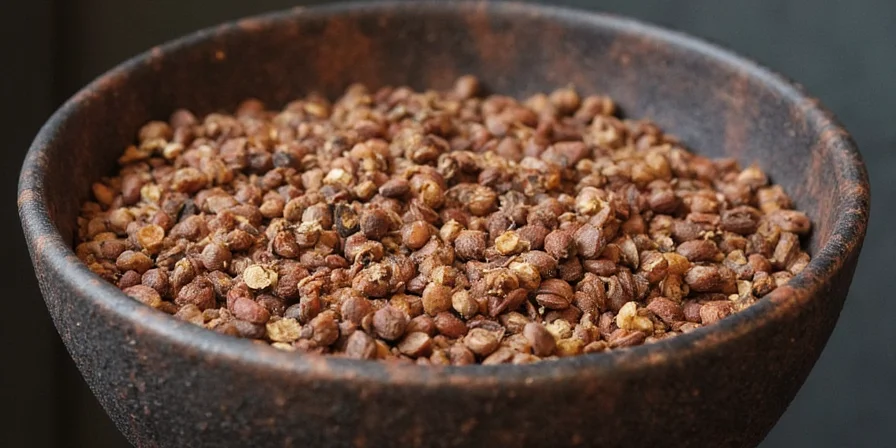
Health Benefits: More Than Just Flavor
Beyond their culinary superpowers, cloves have been used in traditional medicine for centuries. Here’s a peek at what science says about their health benefits:
- Antioxidant Powerhouse: Packed with eugenol, cloves help fight free radicals and support cellular health.
- Natural Pain Reliever: Eugenol has mild analgesic properties — perfect for easing toothaches (yes, really!).
- Digestive Aid: Traditionally used to soothe indigestion and reduce gas and bloating.
- Anti-inflammatory Properties: May help reduce inflammation markers in the body when consumed regularly in moderation.
- Immune Boost: Rich in vitamins C and K, plus minerals like calcium and magnesium.
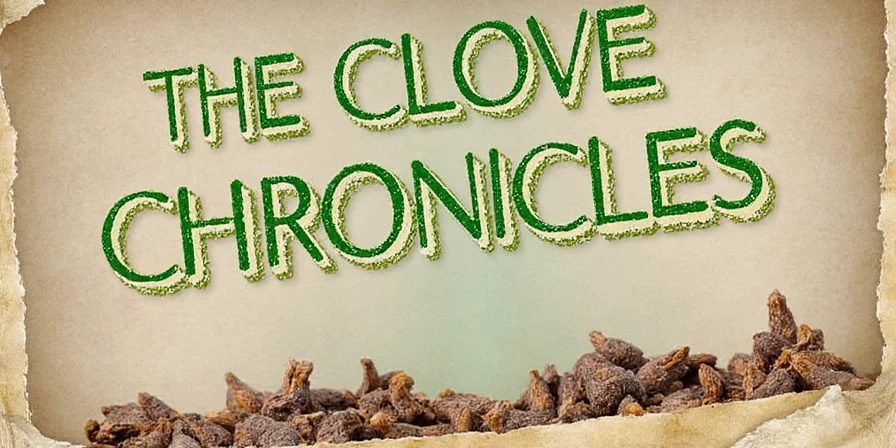
Common Mistakes to Avoid When Cooking with Cloves
We’ve all been there — accidentally adding too much of something and ending up with a dish that tastes like a Christmas candle exploded in the oven. Avoid these common clove blunders:
- Using too many: Trust us — your guests don’t want to taste raw clove in every bite.
- Leaving them in during serving: Unless you’re trying to give someone a dental workout, remove whole cloves before serving.
- Storing improperly: Cloves go stale faster if exposed to air or moisture. Keep them sealed and cool.
- Using expired spices: If your cloves smell faint or musty, it’s time to toss ’em and start fresh.
- Overgrinding: Pre-ground cloves might save time, but they lose flavor fast. Freshly ground = fresher flavors.
Cloves & Friends: Perfect Spice Pairings
Cloves work best when they’re part of a team. Here are some classic and creative pairings that will take your cooking to the next level:
| Spice/Ingredient | Why It Works |
|---|---|
| Cinnamon | Adds a creamy warmth that complements clove’s intensity. |
| Nutmeg | Brings a soft, nutty undertone that balances clove’s sharpness. |
| Allspice | Shares similar flavor notes and enhances clove’s peppery kick. |
| Orange Zest | Lifts clove’s richness with bright, citrusy notes. |
| Ginger | Provides fiery contrast and depth in both sweet and savory dishes. |
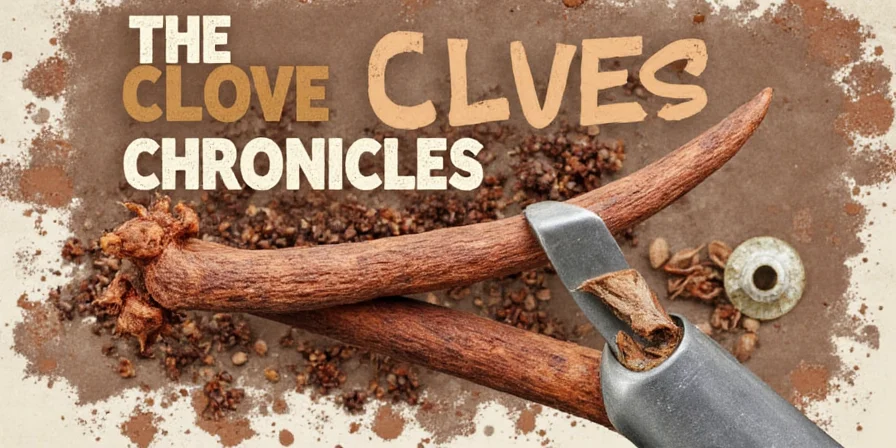
How to Store Cloves for Maximum Freshness
Want your cloves to stay strong and fragrant for years? Follow these simple storage hacks:
- Whole cloves last longer: They retain oils and aroma better than pre-ground versions.
- Keep them in airtight containers: Glass jars with tight lids work wonders. Store in a cool, dark place.
- Avoid moisture: Humidity kills flavor. Don’t store near the stove or sink.
- Check expiration dates: Whole cloves can last up to 4 years if stored properly; ground ones last around 2–3 years.
- Label and rotate: Keep track of purchase dates and use older spices first to avoid waste.
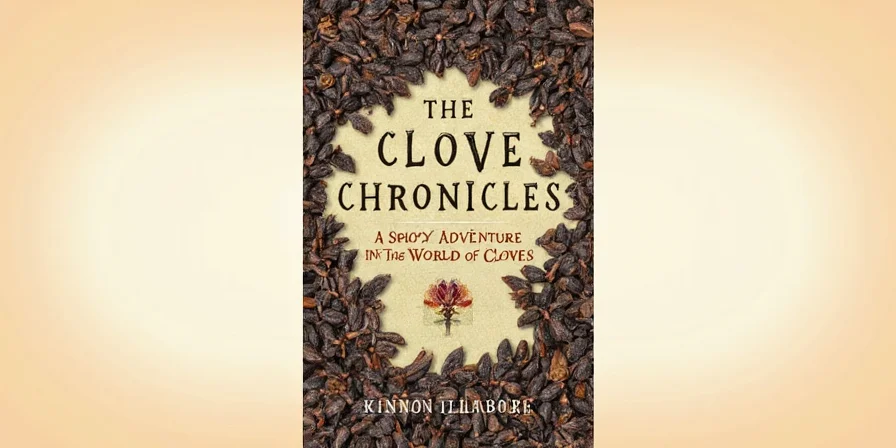
A Brief History: From Ancient Trade to Modern Pantries
Cloves weren’t always easy to find in your local grocery store. For centuries, they were a rare commodity fought over by empires and explorers alike. The Dutch went as far as burning clove trees they didn’t control to maintain a monopoly during the 1700s — talk about spice wars!

Used in Chinese medicine as early as 200 BCE and prized by European royalty, cloves made their way across continents as a symbol of wealth, healing, and culinary prestige.
Conclusion
So there you have it — a deep dive into the wonderful world of cloves. From their bold flavor and kitchen magic to their historical significance and health perks, cloves are more than just a holiday spice. They’re a versatile, powerful, and surprisingly complex ingredient that deserves a starring role in your cooking repertoire.
Now go forth and spice things up — whether it’s a cozy winter stew, a fragrant biryani, or a batch of freshly baked cinnamon rolls. And remember, friends don’t let friends use stale cloves. Share the spice love!
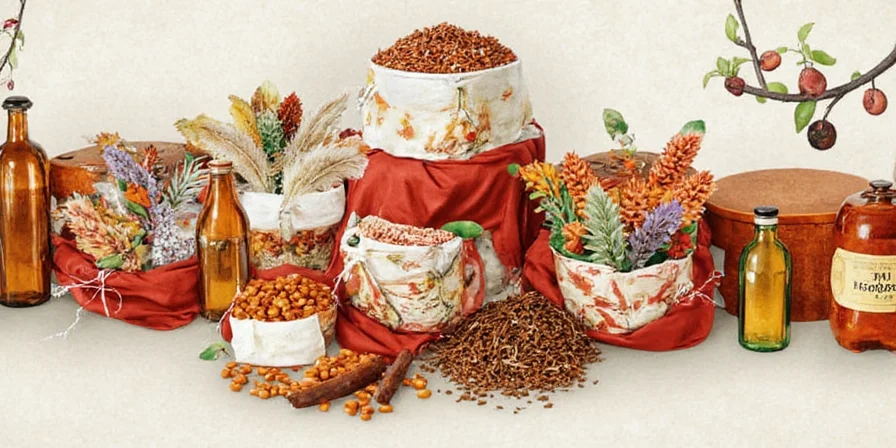

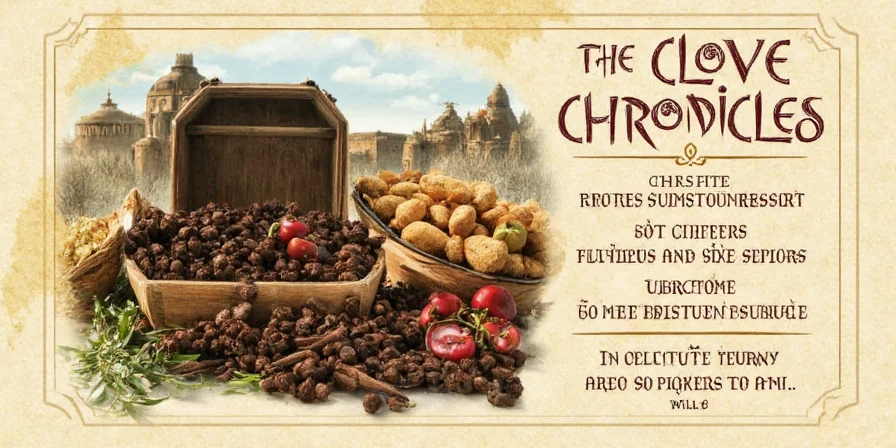









 浙公网安备
33010002000092号
浙公网安备
33010002000092号 浙B2-20120091-4
浙B2-20120091-4